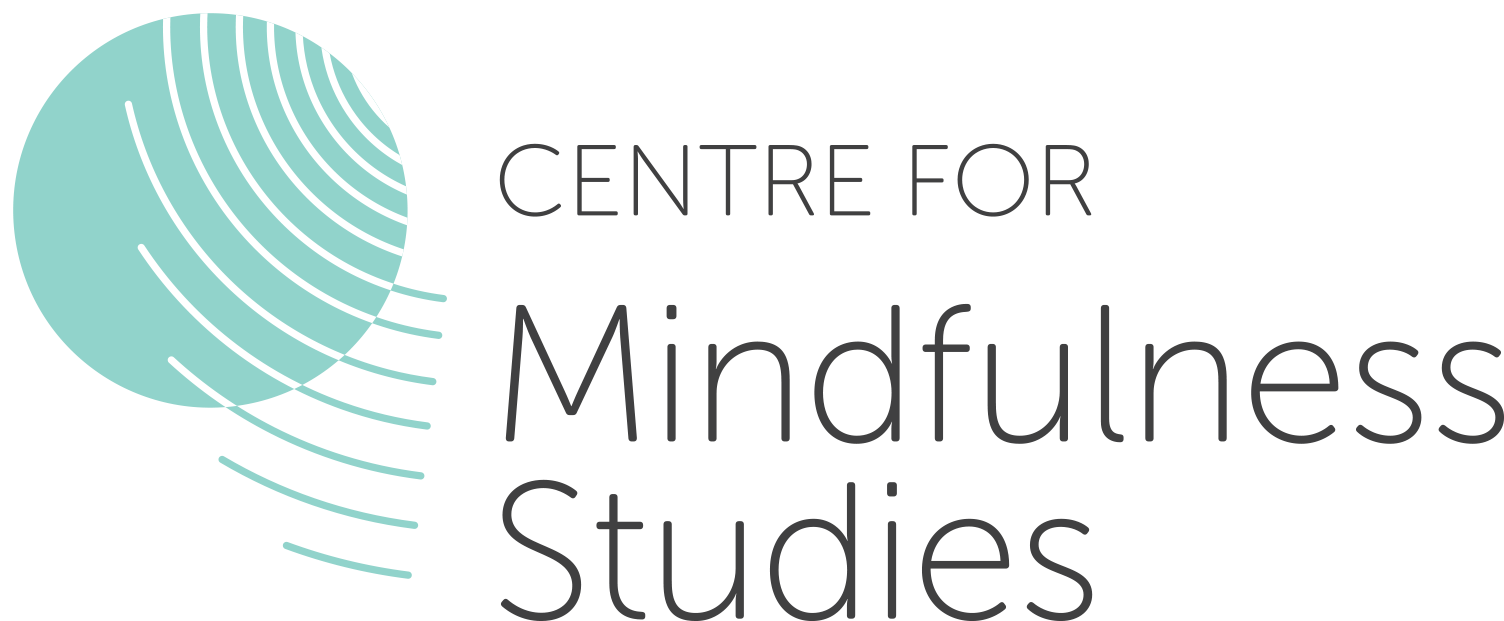Good Practice Guidelines – MBP Facilitators
The following description has been developed to promote and support good practices in the facilitation and teaching of Mindfulness-Based Stress Reduction (MBSR), Mindfulness-Based Cognitive Therapy (MBCT) and other Mindfulness-Based Programs (MBPs). These mindfulness-based programs are evidenced-based group interventions that teach mindfulness meditation skills with elements of group-based psychotherapy, psycho-education, and skills building. Mindfulness training helps identify those modes of mind that often characterize stress, depression, anxiety while fostering a new relationship to them.
An MBCT/MBSR facilitator will demonstrate the following:
Mindfulness-Based Facilitation Training
1. Participation in an 8-week MBCT/MBSR program
2. Completion of the Mindfulness-Based Cognitive Therapy (MBCT) Facilitation Certificate program or Mindfulness-Based Stress Reduction (MBSR) Facilitation Certificate program or equivalent
Training & Background Required
1. For MBCT: A professional qualification in mental or physical healthcare
Qualifications in education, social welfare, law, administration or research will be taken into consideration and will be reviewed on an individual basis
2. For MBSR: A professional qualification in education, social welfare, law, administration or research
Qualifications in other professions will be taken into consideration and will be reviewed on an individual basis
3. Knowledge and experience of the specific populations to which the MBCT/MBSR program will be delivered
Exceptions can be taken into consideration and will be reviewed on an individual basis if co-facilitating with a colleague who is a certified facilitator, has experience of this population, and has relevant professional qualification in this area
On-Going Good Practice Requirements
1. Commitment to a personal mindfulness practice through daily formal and informal practices
2. Participation in periodic residential teacher-led silent mindfulness meditation retreats (annual is preferred)
3. Adherence to the ethical framework appropriate to the MBCT/MBSR facilitator’s professional background and working context
4. Sustaining on-going contact with other colleagues involved in the practice and facilitation of mindfulness; one that offers mutual support and promotes collaboration
5. Commitment to maintaining competence and continuing education as an MBCT/MBSR facilitator; this may include:
– Allowing for regular feedback and constructive criticism between co-facilitators when leading groups together
– Further course work in MBCT/MBSR such as advanced training initiatives
– Self-directed learning including keeping up with the relevant evaluative and theoretical literature on mindfulness and MBCT/MBSR
– Regular mentorship with more experienced MBCT/MBSR facilitators and/or formal peer mentorship which allows for direct or audio-visual review of MBCT/MBSR facilitation skills with feedback and constructive criticism
Acknowledgement: UK MBI Teacher Training and UCSD Mindfulness Based Professional Training Institute Good Practice Guidelines as templates for this document.
